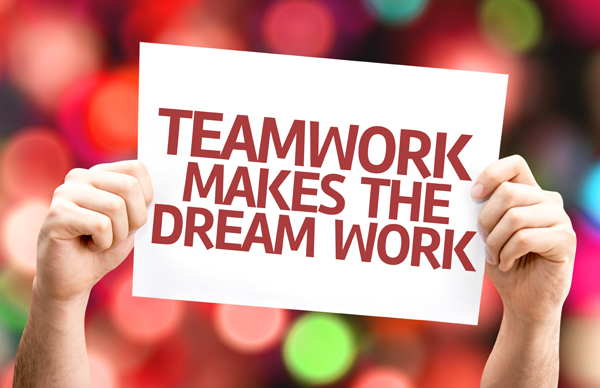“You are my sun, my moon, and all my stars.”
-E.E. Cummings, American poet, painter, essayist & playwright

Image from ark.ie
The sun, the moon, and the stars emit or reflect light. When light shines upon and around us, we can see and better understand things.
The people closest to us that care the most offer us this opportunity every day, particularly when our eyes are wide open with receptivity and gratitude. It is at these times we discover more about ourselves and can become even more of what is possible for us.
EXERCISE:
Who are the sun, moon, and stars that have made and continue to make a difference in your life? How will you thank them, illuminate their lives, or the lives of others in the same way?









